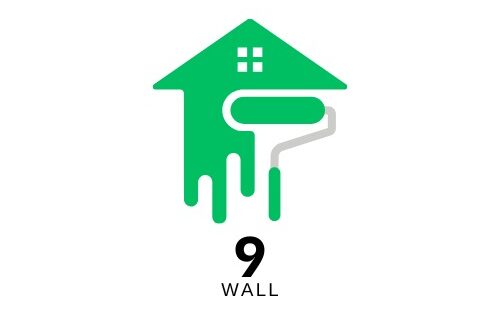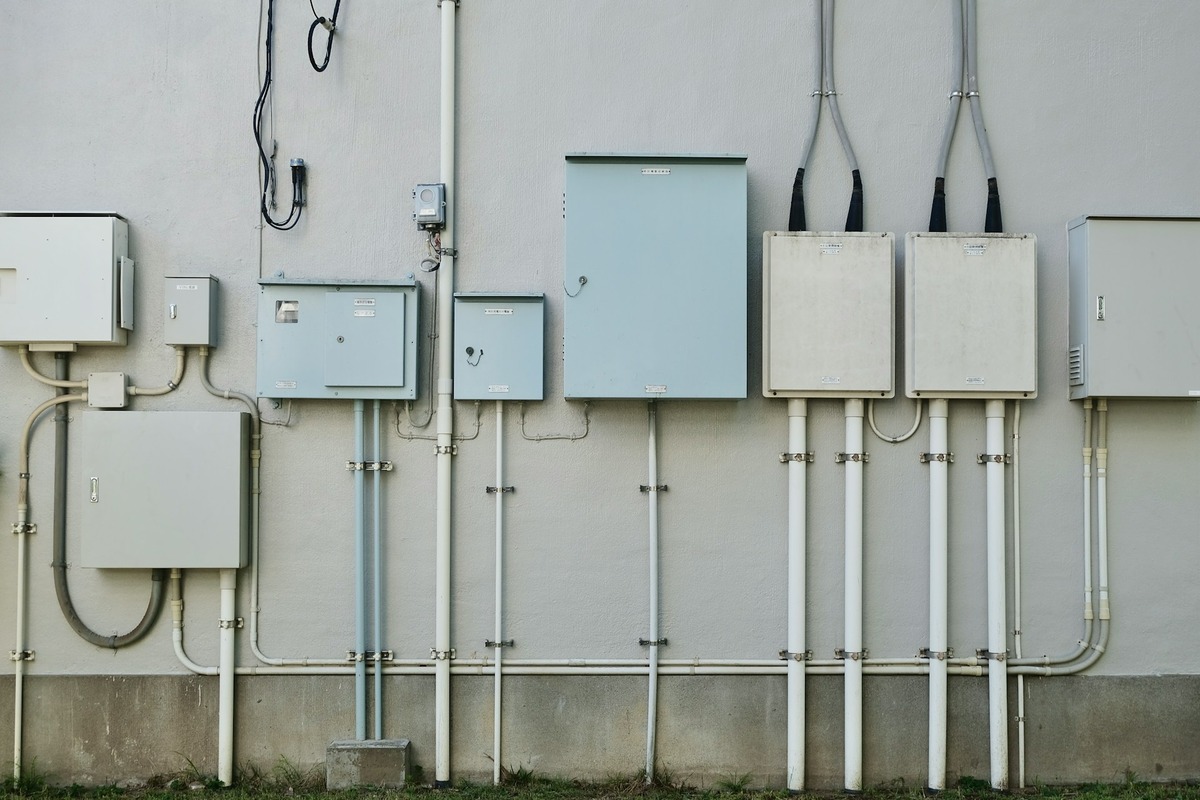Key Takeaways
- Stone countertops add a luxurious and durable element to any kitchen but require proper care and maintenance.
- Identifying the type of stone countertop is crucial to implementing appropriate repair techniques.
- Expert tips can help homeowners perform simple repairs and maintenance, saving time and money.
Table of Contents
- Understanding Stone Countertops
- Common Damages and Causes
- Preventive Measures to Protect Your Countertops
- Do-It-Yourself Repair Tips
- When to Call a Professional
- Maintaining the Appearance of Your Stone Countertops
- Benefits of Regular Care
Understanding Stone Countertops
Regarding kitchen design, stone countertops are a timeless favorite for homeowners. They offer a perfect blend of aesthetic appeal and practical functionality, making them ideal for busy kitchens. Whether you have granite, marble, or quartz, each stone type offers distinct characteristics that add beauty and functionality to the space. However, their natural elegance also comes with specific care needs. Regular maintenance and understanding the unique requirements of each stone type can greatly impact their longevity. Maintaining these surfaces can significantly prolong their life and stay ahead of wear and tear, especially for those considering the long-lasting benefits of stone countertops. For instance, cleaning methods that work for one kind of stone could cause damage to another, highlighting the necessity for tailored care.
Understanding the specific type of stone countertop in your kitchen is the first step toward appropriate maintenance and repair. While granite is known for its hardness and being resistant to scratches and chips, it still requires proper sealing to prevent stains. Conversely, Marble is prized for its classic veining but is more prone to etching and staining than granite or quartz. Each variety, whether it’s granite’s durability or marble’s classic appeal, has unique properties and preventative measures.
Common Damages and Causes
Despite their hardy structure, stone countertops can sustain damage over time, often due to everyday activities. Common issues include scratches, chips, and stains, often arising from daily kitchen activities. For example, using kitchen knives directly on the countertop is one of the common culprits for scratches on granite surfaces. Accidental dropping of heavy pots can cause chipping, particularly on edges, while leaving acidic substances like lemon juice on the surface can lead to etching, especially on marble counters.
Understanding the source of these potential problems can help prevent them. According to experts in stone countertops Manhattan NY, homeowners should be vigilant about such practices, understanding that even a momentary lapse can lead to long-term damage. Adapting their kitchen usage habits ensures that their countertops maintain their pristine condition for longer. Regular inspections and immediate attention to minor damages can prevent escalation, saving effort and money.
Preventive Measures to Protect Your Countertops
Preventive care is the first line of defense, ensuring your countertops look impeccable over time. Simple but effective measures include always using coasters under drinks, trivets under hot dishes, and cutting boards for food preparation. Such practices prevent rings, burns, and scratches, which can detract from the natural beauty of the stone.
Sealing natural stone countertops is another essential step in maintaining their integrity. This procedure protects against stains and liquids that can seep into the stone, causing damage, especially to porous surfaces like marble. Regular reapplication of a sealant can keep your countertops looking new, and the frequency will depend on the stone type and kitchen use. Routine maintenance not only prolongs the life of stone surfaces but also prevents the need for more complex repairs down the line.
When to Call a Professional
Understanding when a professional’s touch is necessary can save more than just your countertop. While many minor repairs are DIY-friendly, there are occasions where professional intervention is required. Large cracks, severe discoloration, or structural damages due to improper installation need expert handling to ensure a quality fix without escalating the problem. Professionals possess the expertise and equipment needed to tackle significant repairs without compromising the integrity of the stone.
Professionals not only restore the appearance of your countertops but can also assess underlying issues that might not be visible to the untrained eye, saving time and preventing future damage. Engaging with a seasoned professional offers peace of mind, ensuring that the newly restored countertops continue adding value and beauty to your kitchen, maintaining their function as effectively as their form.
Maintaining the Appearance of Your Stone Countertops
Routine maintenance goes a long way in preserving the lustrous appearance of your stone countertops, reflecting both care and cleanliness. A simple, consistent cleaning routine using mild soap and water can free your surfaces of dirt and grime. After cleaning, thoroughly dry the countertops to prevent water spots and potential staining.
Avoid harsh chemicals or abrasive scrubbers, as these can damage the stone’s surface over time, leading to a dull finish. Stone-specific cleaning products are tailored to remove dirt and prevent film build-up without causing harm. Periodic sealing protects against natural wear and tear, ensuring the stone continues to shine with its inherent elegance.
Benefits of Regular Care
Consistent, proactive care of your stone countertops offers numerous advantages beyond mere appearance. Such routines not only prolong the life of countertops but also contribute significantly to the overall value of your home. Well-maintained countertops are a selling point that speaks volumes about the overall care of a property — a factor not to be underestimated if you’re considering resale.
Beyond financial considerations, there’s the ambiance factor. Pristine countertops create a welcoming environment in the kitchen, which is often a primary gathering area in a home. A space that exudes cleanliness and care positively impacts the family who uses it regularly and guests who visit occasionally.






